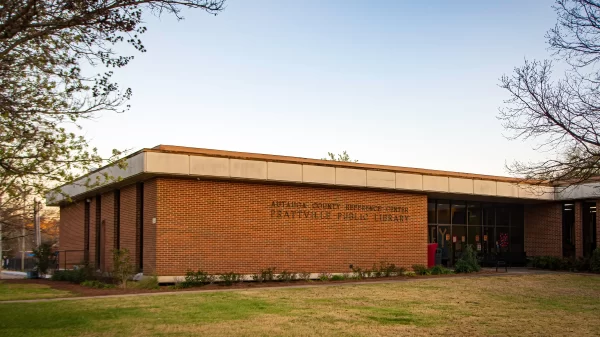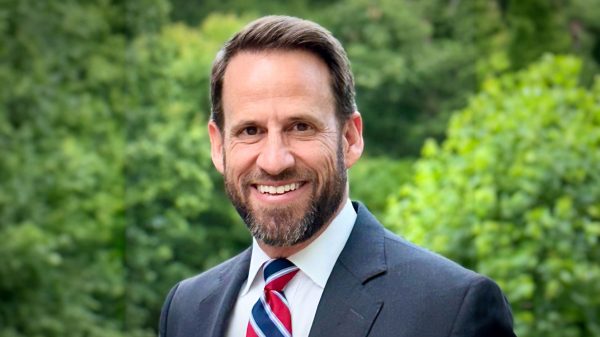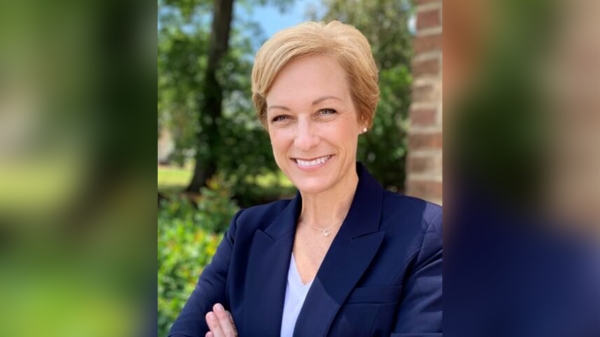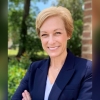By Bill Britt
Alabama Political Reporter
MONTGOMERY—When Rep. Jay Love helped push through the Alabama Accountability Act (AAA) favored by for-profit charter school companies, he may have already been planning his departure for the more lucrative world of “education reform from the private sector.”
Love (R-Montgomery) announced last week that he is resigning his house seat after 11 years and plans to join those who could profit from passage of the controversial Accountability Act. According to Love, He intends to “continue working to reform education from the private sector.”
The announcement that he is resigning comes four months after the backroom dealing that resulted in the controversial accountability act. As the Chairman of the House Ways and Means Education Committee, Love was key in moving the Accountability Act through the backdoor of the joint-legislative conference committee in late February. In conference committee between select House and Senate members, Love helped substitute a widely supported Flexibility Act with a bill advocated by for profit charter school companies, such as K12 Inc., and their deep-pocketed school choice supporters like Michele Rhee’s StudentsFirst.
The Accountability Act, opens the door for the spread of for-profit charter and distance learning schools in Alabama. This mean millions of education dollars leaving the public school system for the highly profitable private entities.
For Love, a move into the for-profit school reform industry could mean money….Big money.
Education is a high-growth industry for investors and lobbyist alike, with millions of taxpayer dollars up for grabs. According to the conservative Reason Foundation, “As of 2012 more than 2 million students attend charter schools in 41 states and the District of Columbia. These students represent almost 5 percent of the total enrollment in public schools.”
Reason suggests that charter schools will continue this trend for years to come. In 2012, David Brain, head of a major investment group Entertainment Properties Trust told CNBC, “Well, I think it’s a very stable business [charter schools], very recession-resistant. It’s a very high-demand product. There’s 400,000 kids on waiting lists for charter schools … the industry’s growing about 12-14% a year. So it’s a high-growth, very stable, recession-resistant business. It’s a public payer, the state is the payer on this, uh, category, and uh, if you do business with states with solid treasuries. [sic] then it’s a very solid business.”
Repeated calls to Love’s cellphone for comments on this report have gone unanswered.
Other factors could have played into love’s decision:
A recent poll that showed him in statistical dead-heat with Rep. Joe Hubbard (D-Montgomery) for the newly revamped District 74.
Love was also likely to face a bruising reelection campaign in 2014. Just last month, a direct mail piece to voters compared Love’s legislative record to a porn-shop in Montgomery.
Alabama’s Revolving Door is also a concern for Love.
Alabama Code §36-25-13 states, “No public official shall serve for a fee as a lobbyist or otherwise represent clients, including his or her employer before the board, agency, commission, department, or legislative body, of which he or she is a former member for a period of two years after he or she leaves such membership.”
The Alabama Political Reporter sought clarification about how this provision of state law would apply to Love from Ethics Commission Director Jim Sumner.
Sumner did not return calls to his office.
Sumner told WFSA reporter Max Riess that legislators who become lobbyists,
” … don’t give up (their) friendships. You don’t give up your ability to go to lunch or dinner and have friendships or play golf with people but you do have to actually stop at the line of advocating something on behalf of a client,” Sumner told WFSA.
According the WFSA, Sumner said Love “…isn’t allowed to push for a particular issue with former colleagues in the Alabama House.”
Sumner’s comments seem to leave a very small divide between advising and lobbying.
Sumner has said in the past that a House member can lobby the Senate and vice-versa.
Senator Bryan Taylor (R-Prattville) recently challenged this opinion in a Twitter post. Taylor has been one of the leading figures in campaign finance reform, overseeing the writing much of the new laws.
Taylor challenged the assertion that Love could lobby the legislature before the two-year cooling off period saying, “That would be a bizarre interpretation. 36-25-13a, is pretty clear. You cannot lobby the same ‘department’ for 2 years.”
Taylor said that according to, “Section 42 of the Alabama Constitution… the legislature is a ‘department.’”
Taylor stated that state law “prohibits lobbying the agency for which one worked for two years and also contracts with entities one regulated.”
This clearly put Taylor and Sumner at odds over whether Love could legally lobby his old friends in the legislature.
An email to Sen. Taylor from the Alabama Political Reporter was not returned.
Love has left many questions unanswered concerning his resignation from the House. No doubt his position as chairman of the House Ways and Means Education budget gives him ample experience and influence to advise or lobby on any number of education projects before the state.
The revolving door from lawmaker to lobbyist is not uncommon in Alabama. Many of today’s lobbyist were yesterday’s legislators. Even former Gov. Bob Riley parlayed his years in public service into a lucrative lobbying career.
Riley, too, cited “education reform” as one of his main reasons for becoming a lobbyist. (Riley’s client list has never reported a education-based entity.)
Riley’s two former chiefs of staff are lobbyists for the two most powerful groups pushing charter schools in Alabama. Riley’s first chiefs of staff Toby Roth, represents K12, Inc. and his second, J. Davis “Dave” Stewart III, is a lobbyist for the monolithic charter school lobbying group StudentsFirst.





















































